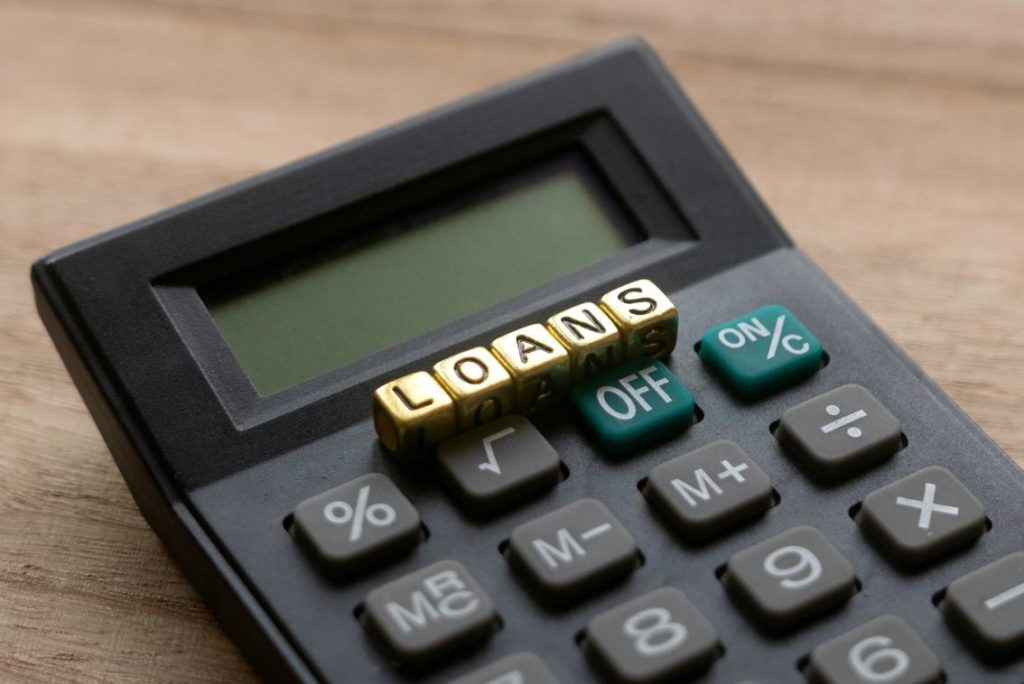If you have ever found yourself in a situation where you need quick cash to cover unexpected expenses or bridge the gap until your next paycheck arrives, you may have considered a payday loan. However, with the many misconceptions surrounding these types of loans, it can be challenging and confusing to understand what they are, how they work, and whether they are right for you. In this article, we will explore the ins and outs of payday loans to help you make an informed decision.
1. What are payday loans?
Payday loans are short-term loans that are typically due on the borrower’s next payday. They are designed to provide quick access to cash to individuals who are facing unexpected expenses, such as car repairs, medical bills, or utility bills.
2. How do payday loans work?
To apply for a payday loan, you typically need to provide proof of income, a valid ID, and a checking account. Once approved, the loan amount is deposited into your checking account, and you are expected to repay the loan, along with fees and interest, on your next payday.
3. Pros and cons of payday loans
One of the biggest advantages of payday loans is that they provide quick access to cash when you need it most. However, they also come with high fees and interest rates, which can trap borrowers in a cycle of debt. It is important to carefully consider the pros and cons before taking out a payday loan.
4. Who can apply for payday loans?
To be eligible for a payday loan, you typically need to be at least 18 years old, have a steady income, and have a checking account. Being employs helps the lender to know that the loan will be repaid.
5. What do you need to apply for a payday loan?
To apply for a payday loan, you will typically need to provide proof of income, a valid ID, and a checking account.
6. How much can you borrow with a payday loan?
Loans range from $500-$35,000 with terms from 4 months to 60 Months or longer.
7. What are the fees associated with payday loans?
APRs range from 2.99% to 46.96% and will depend on our partner’s assessment of your credit profile.
8. How long do you have to repay a payday loan?
Payday loans are typically due on the borrower’s next payday, which can range from 14 to 31 days after the loan is issued.
9. What happens if you can't repay a payday loan?
If you can’t repay a payday loan on time, you may be charged additional fees and interest, and your credit score may be negatively impacted. In some cases, lenders may also take legal action to collect the debt.
10. Can you get a payday loan with bad credit?
Don’t let bad credit stop you from applying, there are plenty of lenders that will give you a payday loan with not so perfect credit.

